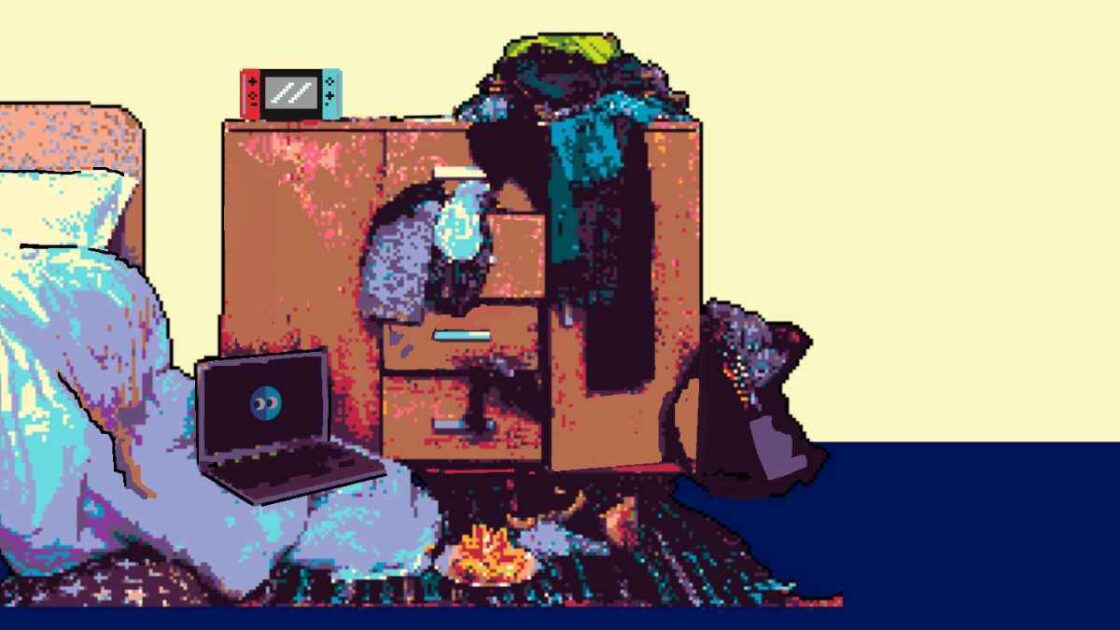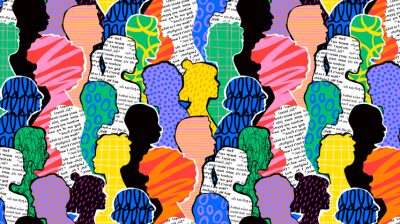Common mental health recovery myths
Challenging the myths about mental health recovery can help improve the lives of people who are engaging in recovery.

Mental health recovery is the dynamic process of healing, learning and growth that allows someone experiencing mental health challenges to live the life they want to live. Over the past few decades, people with lived experience of mental health issues have used their voices to help build people’s awareness and understanding of recovery, but what mental health recovery means and what recovery can look like is still often misunderstood. The myths about recovery have real consequences for people engaging in their own recovery journeys, leading to stigma and a lack of support. Taking the time to learn more about mental health recovery and challenging the myths surrounding this process will help you to be a better source of support if someone in your life starts on a recovery journey. Here are 6 common points that people get wrong about mental health recovery:
Myth #1: Mental health recovery is linear
A common myth about mental health recovery is that it’s a straightforward process where you recover and improve steadily over time until you are ‘fully’ recovered. This is not how mental health recovery works in the real world. Recovery comes with ups and downs, and setbacks are common when making progress towards improving your mental health and wellbeing. When you’re on a recovery journey, it can feel like you’re making quick progress at some points, and at other points it can feel really slow. Stressful life events can pose new challenges to your mental health and recovery along the way, but going through a rough patch doesn’t take away from all the progress you have made. It can be really frustrating when it feels like you’re taking two steps forward and one step back sometimes, but viewing a setback as part of your overall recovery journey instead of a failure can help you keep going and stay hopeful.
Myth #2: Mental health recovery is just for people with mental health conditions
When people hear the term mental health recovery, they often think of someone recovering from a diagnosed mental health condition like depression or generalised anxiety disorder. Mental health recovery is not just for people living with a mental health condition. Many people who start a mental health recovery journey may not have been diagnosed with a mental health condition. People can experience many forms of mental ill-health outside of these conditions and many people who don’t have a diagnosed mental health condition still have recovery journeys. Recovery is for anyone who has experienced psychological distress, trauma or any other challenge to their mental health.
Myth #3: Mental health recovery looks the same as physical health recovery
A common mistake that people make when trying to understand mental health recovery is comparing it to physical health recovery. While they are similar in some ways, mental and physical recovery can look very different and trying to understand mental health recovery by comparing it to recovering from a physical injury or illness can lead to confusion and misunderstandings.
A key difference between physical and mental health recovery is what factors support that type of recovery. For example, a physical illness like an ear infection might be treated with a single medication. This treatment plan is straightforward and will be the same for most people who have the same infection. On the other hand, the factors that help someone recover from a mental health condition can be much more complex, layered and personal. Professional mental health treatments like therapy and mental health medication often help people to recover from a mental health issue, but some people benefit more from these treatments than others. Also, mental health recovery usually isn’t achieved through a single treatment on its own. People in mental health recovery often benefit from multiple treatments and are also supported by other factors like help from friends or family. Ultimately, the things that help one person may not be what someone else needs to recover from a mental health issue.
Myth #4: Mental health recovery looks the same for everyone
Mental health recovery is a personal thing. There is no single definition that would explain what recovery means to everyone, there isn’t a set of boxes you need to tick to be considered “recovered”, and there is no time limit to recovery. Instead, recovery can look like very different for different people.
Instead of thinking of recovery as a destination you need to reach, it can be helpful to think of it as an ongoing process of learning and growth that allows you to live life on your own terms. Different people have different recovery goals and the supports that one person needs to recover might not be what someone else needs. The most powerful definition of recovery is the one you find for yourself.
Myth #5: Recovery is all about eliminating mental health symptoms
It’s a common myth that the only goal for mental health recovery is to get to a point where you’re no longer experiencing any symptoms related to your mental health issues. The truth is, recovery is not just about getting rid of the symptoms of a mental health condition or trying to get your life back to what it was like at a previous point. Instead, it is about finding ways to manage the challenges that come with mental health difficulties so that you can live the life you want to live, and there are many different ways to do that. Many people who consider themselves to be recovered from a mental health issue still have mental health symptoms from time to time or still go through some periods of difficulty. Recovery can mean learning to better cope with mental health symptoms, instead of those symptoms going away.
Myth #6: Recovery isn’t possible
Some people think that if you develop a mental health condition, it’s something you will experience for your whole life, but this isn’t the case. If you are living with mental health issues, it can sometimes be difficult to believe that things can get better and you might struggle to picture what your future would look like without having to deal with your mental health issues. Every recovery journey has ups and downs, but recovery is possible. With the right supports, people can and do recover from mental health issues.
Learn more about mental health recovery
Here are some articles you can read to learn more about mental health recovery, how to support someone on a recovery journey, and how to start your own mental health recovery journey.






